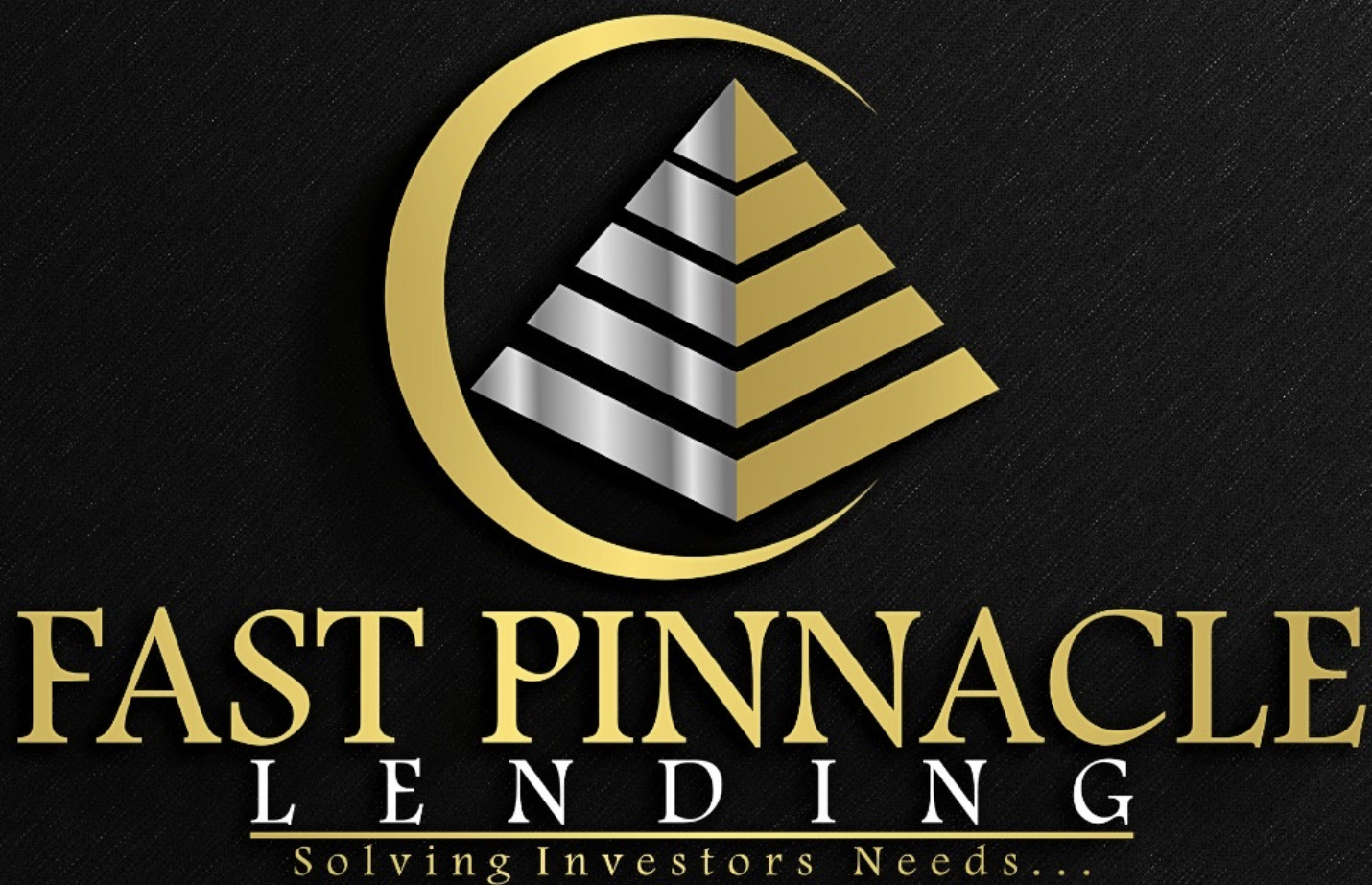Congratulations on starting your real estate investing journey! Real estate investing, whether through fix and…
LLC for Real Estate: Asset Protection & Credibility

Creating a business entity like an LLC for real estate investments helps shield personal assets while ensuring your project has access to financing options such as hard money loans. These loans, offered by hard money lenders like Fast Pinnacle Lending, are essential for real estate investors, as they consider the investment property’s value and equity instead of the investor’s personal credit.
How to Set Up an LLC for Real Estate and Apply for a Hard Money Loan
1. Choose the Right Entity Type: LLC or Corporation?
Both LLCs and corporations provide liability protection, but they serve different purposes for real estate investors. For a deeper understanding of different business structures and their benefits, visit the SBA’s guide on choosing a business structure.
Benefits of an LLC for Real Estate Investors
LLCs are a popular choice for real estate investors due to their flexibility in management and tax advantages. LLCs provide personal asset protection while allowing tax treatment options, such as partnership, S-corporation, or C-corporation taxation. This flexibility enables real estate investors to optimize their tax strategy while keeping personal assets safe from the business’s financial obligations. Setting up an LLC for real estate also typically requires fewer administrative efforts than a corporation, making it a convenient option for those new to investment property financing.
Benefits of a Corporation for Real Estate Investments
Corporations offer limited liability for shareholders, ensuring personal assets are generally protected if the corporation faces legal or financial issues. Corporations are also appealing to investors looking to raise capital since they allow stock sales. For real estate investors aiming to expand portfolios rapidly, corporations might provide additional credibility and funding sources. However, the higher administrative costs associated with a corporation mean it’s essential to consult a tax professional to determine whether it’s the best choice for your real estate investment financing strategy.
2. Register Your Entity
To make your business official, you must register with your state’s business registration office. This involves filing articles of organization (LLC) or articles of incorporation (corporation) and paying associated fees, which can vary from $50 to $900, depending on your location.
3. Obtain a Tax ID (EIN)
After registration, apply for an Employer Identification Number (EIN) from the IRS—this is free and necessary for business tax reporting. You’ll use the EIN when applying for business bank accounts and loans, including hard money loans, a popular option among real estate investors.
4. Open a Business Bank Account
With an EIN, open a business bank account in your LLC or corporation’s name. Separating personal and business finances is critical for tax purposes and credibility, particularly when securing investment property loans or real estate investment financing.
5. Find a Hard Money Lender
Hard money lenders like Fast Pinnacle Lending specialize in short-term loans based on a property’s potential value. Hard money loans are an ideal solution for real estate investors, as they focus on the property’s income potential rather than the borrower’s personal credit profile.
Why Hard Money Loans Work for Real Estate Investors
Hard money loans, often used by real estate investors, provide multiple benefits:
- Faster Funding: Hard money loans can be processed in days instead of weeks, making them perfect for investment property financing when timing is essential.
- Flexible Terms: Real estate investors can negotiate loan amounts, interest rates, and repayment schedules to match their needs, especially for short-term projects.
- Short-Term Financing: Hard money loans are typically short-term, lasting one to five years, ideal for renovation projects or bridging purchase and sale periods.
Final Thoughts
Setting up an LLC for real estate investments is crucial for asset protection and credibility with lenders. Real estate investors can benefit from a business entity structure, whether an LLC or corporation, and hard money loans offer the flexibility needed to succeed in today’s fast-paced real estate market. With this combination, you’ll be well-equipped to build and grow your real estate portfolio with confidence.




